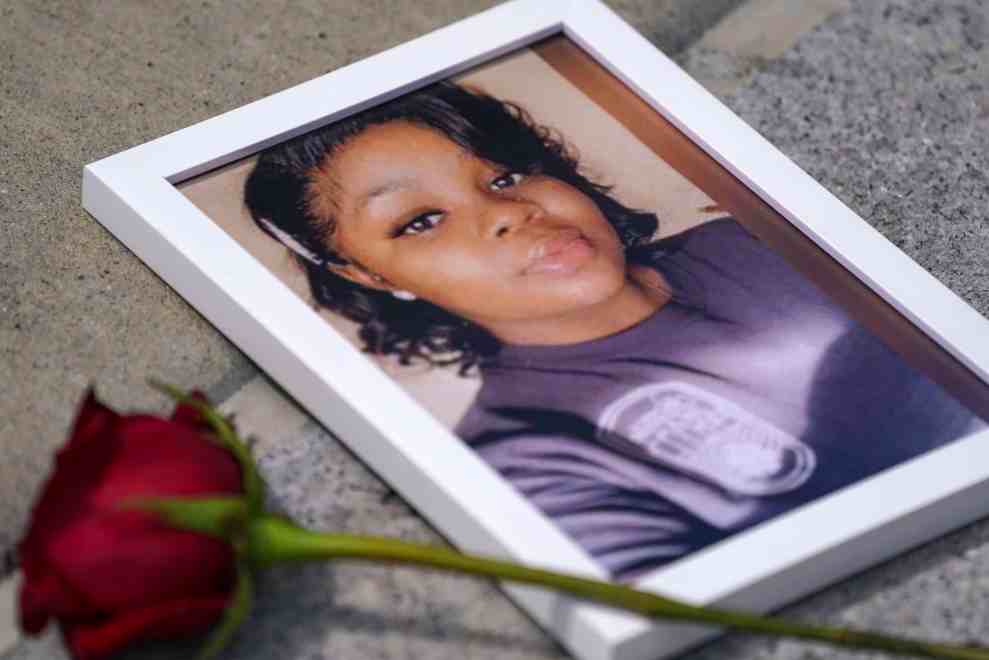More than four years after the fatal police raid that claimed the life of Breonna Taylor, the lone officer convicted in connection to the case is set to be sentenced. Former Louisville detective Brett Hankison will appear in federal court on Monday, where prosecutors have recommended an unexpectedly brief punishment: one day in jail.
A Controversial Call
Hankison was convicted last year on a federal civil rights charge for firing blindly during the 2020 raid, which sparked nationwide protests and became a defining moment in the movement for police reform. But federal prosecutors, in a sentencing memo, argued that Hankison did not fire the shots that killed Taylor. “Defendant Hankison did not shoot Ms. Taylor and is not otherwise responsible for her death,” the Justice Department wrote.
That argument, and the leniency that follows it, has stirred deep frustration among civil rights advocates who say the recommendation downplays the broader failures of that night. Many see it as emblematic of a justice system that continues to shield law enforcement from full accountability.
The Broader Fallout
Taylor’s death became a catalyst in 2020, fueling coast-to-coast demonstrations and renewing demands for police oversight. For many, Hankison’s sentencing is not just about a single officer—it’s a referendum on whether the institutions that promised change have followed through.
Prosecutors called the case unprecedented, noting the rarity of charging an officer under the Fourth Amendment without direct injury. “Counsel is unaware of another prosecution in which a police officer has been charged with depriving the rights of another person under the Fourth Amendment for returning fire and not injuring anyone,” they wrote, citing the case’s legal complexity.
The Night of the Raid
Hankison fired 10 shots during the early morning raid, none of which struck Taylor—but several pierced a neighboring apartment, endangering a man, a pregnant woman, and her child. He was fired from the Louisville Metro Police Department later that summer. The warrant, executed as part of a narcotics investigation involving Taylor’s ex-boyfriend, was heavily criticized and has since been banned by multiple jurisdictions.
The chaotic events of that night—and the lack of immediate accountability—sparked widespread calls to reevaluate how warrants are served and how officers are held to account.
A Question of Motive
The sentencing recommendation wasn’t signed by career prosecutors but by Harmeet Dhillon, a Trump-era appointee now leading the Justice Department’s Civil Rights Division. The move has raised eyebrows and renewed concerns over how political shifts may be influencing the DOJ’s posture on police prosecutions.
Prosecutors noted that the conviction would effectively end Hankison’s law enforcement career and strip him of his right to own a firearm—though to some, those consequences feel far removed from the heart of the matter.
Awaiting Judgment
Hankison’s legal team has cited years of public scrutiny, threats, and harassment as grounds for leniency, portraying him as a pariah who has already paid a steep price. They argue that the emotional toll, paired with his former role as an officer, should be considered at sentencing.
But for many, the significance of Monday’s hearing stretches beyond any one individual. Hankison is the only officer to face a conviction tied to Taylor’s death. What happens next will be seen not just as a legal resolution but as a broader signal of how far the justice system is willing to go when it comes to policing itself.

